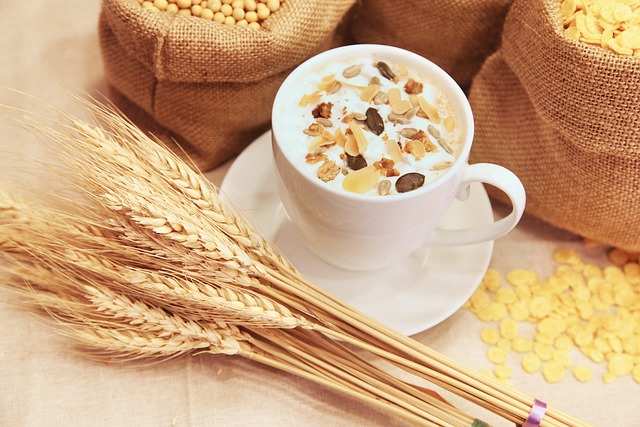The Proactive Approach to Optimal Digestion: Embracing the Power of Probiotics
Maintaining good digestive health is essential for overall well-being. Our digestive system is responsible for breaking down the food we eat and absorbing nutrients, but sometimes this complex process may face challenges. From occasional indigestion to more serious conditions like irritable bowel syndrome (IBS) or inflammatory bowel disease (IBD), digestive issues can have a significant impact on our daily lives.
Fortunately, there is a proactive solution to optimize digestive health and support a robust immune system: probiotics. Probiotics are live bacteria and yeasts that are beneficial for your gut. They offer a range of health benefits including aiding digestion, boosting the immune system, and even improving mental health.
What are Probiotics?
Probiotics are living microorganisms that can be consumed through fermented foods or supplements. These microorganisms are similar to the “good” bacteria that naturally reside in our gut. They help maintain a balance of bacteria in the digestive system, which is crucial for maintaining optimal functioning.
There are various strains of probiotics, with the most common ones including Lactobacillus and Bifidobacterium. Each strain offers different health benefits and colonizes different parts of the digestive tract. For example, Lactobacillus acidophilus is known for its ability to help break down lactose, while Bifidobacterium bifidum aids in the digestion of carbohydrates.
Enhancing Digestive Health with Probiotics
Probiotics work by colonizing the gut with beneficial bacteria, thus crowding out harmful bacteria. They help maintain a healthy balance in the gut microbiome, which is the community of microorganisms living in our digestive system. When the gut microbiome is balanced, digestion is improved, and the risk of developing digestive disorders is reduced. Probiotics can also improve the absorption of vitamins and minerals from food, ensuring our bodies receive the nutrients they need.
Research has shown that probiotics can be particularly helpful in managing conditions such as diarrhea, bloating, and constipation. They can alleviate these symptoms by restoring the natural balance of bacteria in the gut.
Boosting Immune Function
Did you know that a significant portion of your immune system resides in your gut? The gut-associated lymphoid tissue (GALT) plays a crucial role in defending against harmful pathogens. Probiotics support the immune system by strengthening the gut barrier, preventing the entry of harmful bacteria and viruses into the bloodstream.
Probiotics also stimulate the production of antibodies, which are essential for fighting infections. By maintaining a healthy gut microbiome, probiotics help ensure that our immune system is strong and resilient.
Gut-Brain Connection: The Role of Probiotics in Mental Health
Recent studies have revealed a fascinating connection between the gut and the brain. The gut-brain axis is a bidirectional communication pathway, and disruptions in the gut microbiome can impact mental health. This is where probiotics come into play.
Probiotics have been shown to have a positive effect on mental health conditions such as anxiety, depression, and stress. They can influence the production and regulation of neurotransmitters, such as serotonin, which is often called the “happy hormone.”
Additionally, probiotics help reduce inflammation in the body, which has been linked to mental health disorders. By promoting a healthy gut microbiome, probiotics indirectly support emotional well-being.
Incorporating Probiotics into Your Diet
To embrace the power of probiotics and optimize your digestive health, consider incorporating these sources of probiotics into your diet:
- Yogurt: Look for varieties that contain live and active cultures.
- Kefir: A fermented milk drink that is rich in probiotics.
- Sauerkraut: Fermented cabbage that provides beneficial bacteria.
- Kombucha: A fermented tea drink that contains live cultures.
- Kimchi: A Korean staple made from fermented vegetables.
- Supplements: Probiotic supplements are available in various forms, including capsules, powders, and chewables.
Before starting any new supplements, it’s essential to consult with your healthcare provider to determine the right probiotic strain and dosage for your specific needs.







